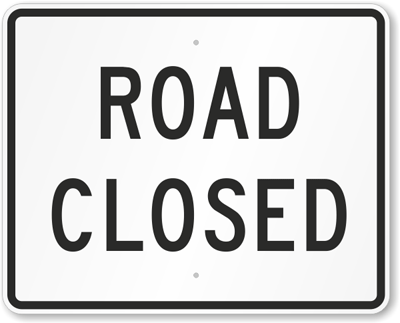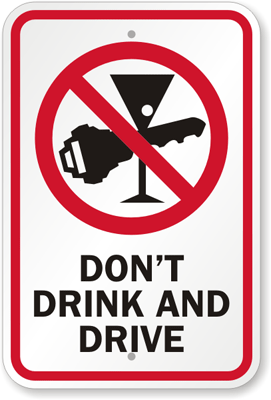Maryland Introduces Stricter Driver Testing
State regulations make it tougher for teens to get driver’s licenses (via Delmarvanow).
August 10, 2012 — Tougher state regulations in Maryland regarding driver license requirements are making it more difficult for teens to be certified. Before this, students had to wait six months before taking the driver’s test. During that time span, they had to have at least 30 hours of driving experience. Now, students have to wait nine months before they take the test, with at least 60 hours behind the wheel. Moreover, if a student receives a ticket from law enforcement, the student must wait another nine months before taking the driver’s test. This is in addition to the mandated driving school which includes 30 hours in the classroom, six hours behind the wheel, and a skills test that the student must pass in order to graduate.
Maryland’s laws are well-intended, but close the road to teenagers’ freedom
Plus, if teens do not get a license before the permit expires, they not only have to retake the permit test, but they have to wait an additional nine months before taking the driver’s test. To Maryland teenagers, these strict laws are nothing but a nuisance that stands in the way of their freedom.
Teens drivers are more likely to drive impaired than any other age group .
On the other hand, the state argues that the new laws improve safety: Maryland is currently ranked fourth in the nation for driver safety. According to the Centers for Disease Control and Prevention, motor vehicle crashes are the leading cause of death for U.S. teens. A whopping 3,000 teens aged 15-19 died in 2009 in car crashes. Another 350,000 were injured. Teens represent only 14% of the population but account for 30% of total costs of automotive crashes. This makes them four times more likely than older drivers to crash. Teens are also more likely than any age group to drive impaired (i.e. drunk driving) or distracted (i.e. texting while driving), not wear seat-belts, to speed, and to underestimate dangerous situations.
In light of that fact, says the state, it might be better for teenagers to hold off getting a license in order to get more experience and maturity. Still, strict driving laws make it harder for teens to drive to work or to school. Perhaps parents should take better responsibility to teach their children better driving habits. Or drunk driving and texting awareness campaigns can inform teens of the dangers inherent in distracted driving. The answer isn’t absolute, but it may not be regulations.
– N. Gilliat
Related Posts
Category: News, Regulations




















